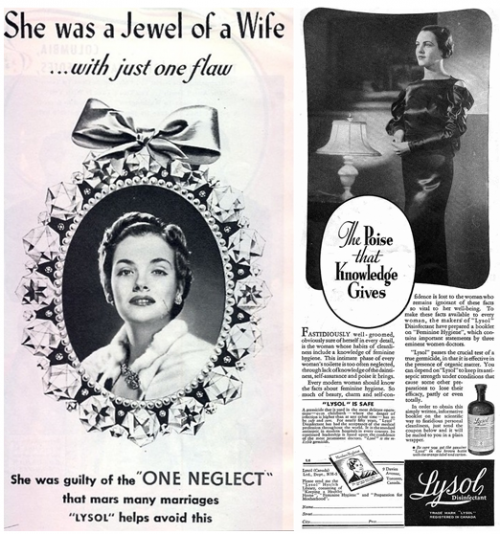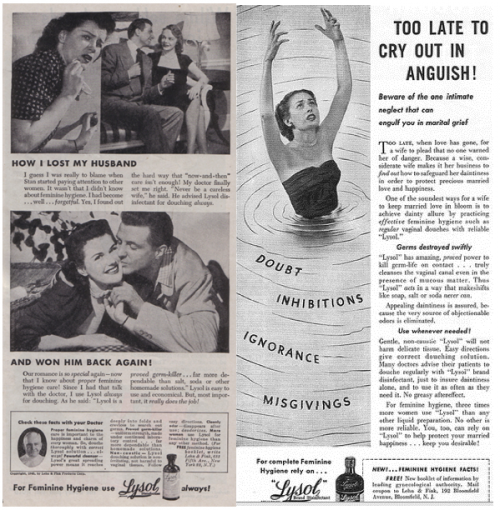*trigger warning for sexual violence; not safe for work*
In a wonderful article called It’s Only a Penis, anthropologist Christine Helliwell talks of how her time with the Dayak community of Gerai in Indonesian Borneo changed her perceptions of the sexual body. She writes of a time when a man crept through a window and into the bed of a sleeping woman. She continues:
[She] awoke, in darkness, to feel the man inside her mosquito net, gripping her shoulder while he climbed under the blanket… He was whispering, “be quiet, be quiet!” She responded by sitting up in bed and pushing him violently, so that he stumbled backward [and] became entangled with her mosquito net… His hurried exit through the window, with his clothes now in considerable disarray, was accompanied by a stream of abuse from the woman and by excited interrogations from wakened neighbors in adjoining houses.
The next morning:
I awoke… to raucous laughter on the longhouse verandah outside my apartment where a group of elderly women gathered… They were recounting this tale loudly, and with enormous enjoyment… one was engaged in mimicking the man climbing out the window, sarong falling down, genitals askew… both men and women shrieked with laughter.
Helliwell was appalled. It sounded to her Western ears like a case of attempted rape. It was frightening, not funny. But, when she explained to the local women that what he did was bad, one replied, “No, no bad, simply stupid.” Helliwell turned to the woman who had been approached by the man and said, “He was trying to hurt you.” She replied, “It’s only a penis. How can a penis hurt anyone?” The Gerai had no word for “rape.”
I often think of this story when observing the way that women’s and men’s genitals are represented in Western culture. I find the Gerai’s perspective intuitively pleasing. Penises are, in fact, very sensitive dangly bits imbued with much importance. I can imagine a culture in which their vulnerability was front-and-center, so to speak. I’m reminded of an observation made by my colleague Caroline Heldman regarding the seemingly secret pact of all men not to fight “below the belt” so as to never draw attention to men’s obvious and uniquely male physical weakness.
Yet, in Western cultures, we do imagine the penis to be a potentially threatening piece of anatomy. In contrast, Helliwell writes, the vagina is often “conceived of as a delicate, perhaps inevitably damaged and pained inner space.” Accordingly, we have collectively agreed to somehow believe that penises are potentially brutalizing and vaginas easily brutalized.
Where do these ideas come from? Well, here’s a clue: the frequency with which penises are represented, literally, as weapons. Kira recently sent in this example: a lubricant with the name “Gun Oil” advertised in the San Jose Mercury News (this is also going straight to our pointlessly gendered products page).
A while back, we received this safer sex ad from Germany:
And Julie C. sent along a link to a set of safer sex ads that included these three:



While I am all for encouraging sexual pleasure and safer sex, I would prefer that such efforts not conflate the penis with a weapon. Doing so only contributes to the idea that the penis is inherently useful for enacting violence and women’s bodies naturally vulnerable to violation from men. Moreover, Helliwell’s experience suggests that this isn’t simply imaginary, but may also contribute to the enactment of violence or lack thereof.
Cross-posted at Pacific Standard.
Lisa Wade, PhD is an Associate Professor at Tulane University. She is the author of American Hookup, a book about college sexual culture; a textbook about gender; and a forthcoming introductory text: Terrible Magnificent Sociology. You can follow her on Twitter and Instagram.











